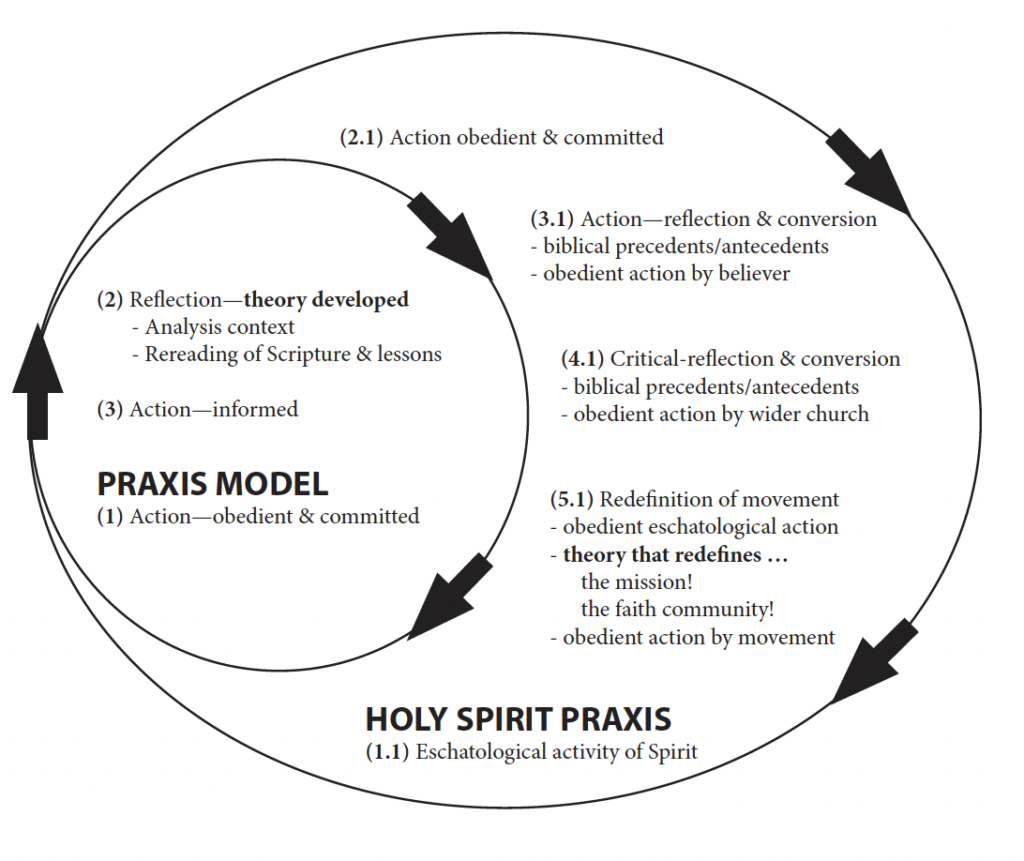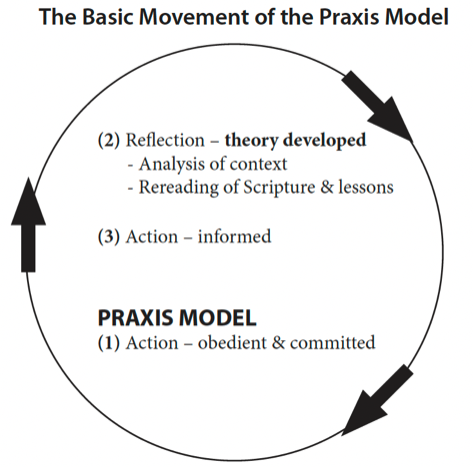What Is It – Why Does It Matter?
Philippians 3:9 ESV
“….and be found in him not having a righteousness of my own that comes from the law, but that which comes through faith in Christ, the righteousness from God that depends on faith.”
What Is It?
IMPUTATION The act of reckoning a legal debit or credit to an account. The term was used in Graeco-Roman legal language and was understood in secular commerce as “enter into the books” (Balz and Schneider, 355). The concept is also used in a religious sense in the Old and New Testament. Protestant Christians recognize imputation in three doctrinal areas: original sin, atonement, and justification [The Lexham Bible Dictionary].
The act of reckoning a legal debit or credit to an account. The term was used in Graeco-Roman legal language and was understood in secular commerce as “enter into the books”. The concept is also used in a religious sense in the Old and New Testament. Also: Impute [Logos Fact-book Search].
Why Does It Matter?
Imputation Applied In 3 Arenas1.
Imputation & Sin – In Leviticus 17:4, the guilt of bloodshed is reckoned to the guilty man’s account. Second Samuel 19:19 describes a penitent Shimei throwing himself on the mercy of King David, begging him not to “count” his sin against him. In Psalm 32:2, David considers a person blessed if the Lord does not impute his own iniquity against him.
Imputation & Atonement – Leviticus 7:18 teaches that a person’s sins could be charged to the account of an animal that was properly sacrificed burned; then that person’s account received a credit. Isaiah 53:6–12 records that people’s sins would be placed on the suffering servant for him to bear. Jesus’ atoning work on the cross fulfilled these precursors, with the result that the sin, guilt, and condemnation of believers is transferred from their account to His.
Imputation & Justification – In exchange for the human sins that have been imputed to Jesus’ account, Jesus’ righteousness is imputed to the accounts all who believe in Him as Savior. In Protestant theology, this act is called justification; it is accomplished by God’s grace and is not based on any goodness or worthiness of the believer (Rom 3:24; Titus 3:7)
Take your study deeper. Journal your THANKFULNESS because Christ’s shed-blood has erased your guilt!
- 1Miller, J. E. (2016). Imputation. In J. D. Barry, D. Bomar, D. R. Brown, R. Klippenstein, D. Mangum, C. Sinclair Wolcott, L. Wentz, E. Ritzema, & W. Widder (Eds.), The Lexham Bible Dictionary. Lexham Press.]
↩︎

